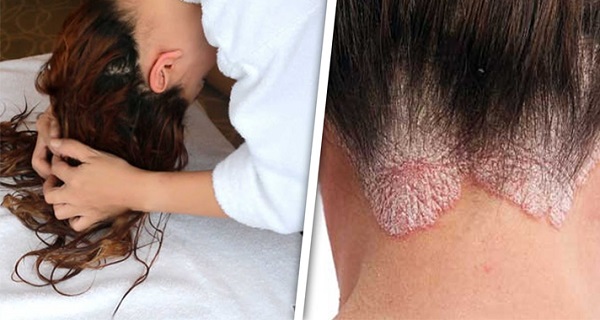Our mothers always told us it’s not good to go to bed with a wet or damp hair, because we might get cold or pneumonia. So is it true?
First of all, the moisture that stays in the hair can cause inflammation in the scalp, causing irritation and itching. In addition, it causes damage to the hair volume because the pores on the scalp grow.
That’s why you shouldn’t stay long with a towel on your hair after showering.
Further damage that wet hair in bed may cause:
1. Headaches
Sleeping with wet hair can cause headaches. This happens during sleep when body temperature rises. As the body heats up, the moisture collected in the towel that wraps the hair around the head causes a headache because of temperature differences.
2. Hair gets broken
Wet hair breaks faster and more easily. If you decide to sleep with wet hair, your hair is more likely to break. So it’s very important not to go to sleep when the hair is wet.
If you sleep with wet hair, you can expect your hair to become sticky the next morning, as well as full of ties.
4. Infections and inflammations
Pillows are an ideal place for bacteria because they absorb the sweat, dead skin cells and body oils. Wet hair puts moisture into the pillow that turns it into a perfect nest for the development of bacteria.
5. Itching
Sleeping with wet hair can cause various types of itching, because of the moisture created on the scalp.
6. Muscle pain
Sudden changes in temperature cause not only muscle pain, but can lead to contractions and even facial paralysis. In the end, it can lead, in extreme cases, to paralysis of the entire body and even death.
The moist scalp can interfere with the action of the sebaceous glands located on the scalp. They can produce more or less oil. This may interfere with the natural pH levels of the scalp. And as a result, you will suffer from either dandruff or over-grease.
So if you want to prevent all these diseases and problems, avoid sleeping with wet hair. Keep your sleeping area dry, and keep your health up!






